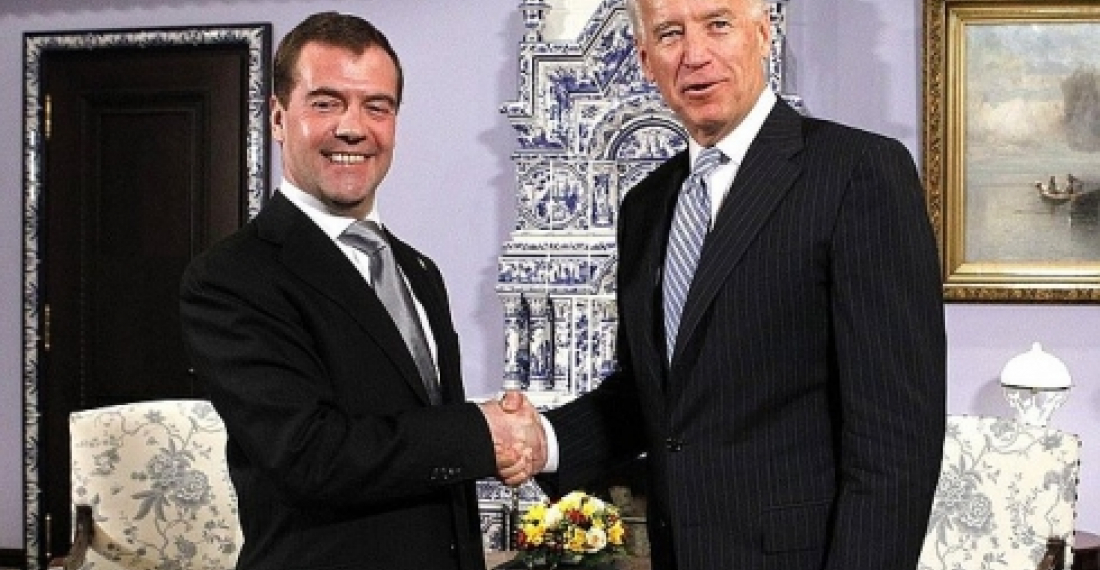Politicians and diplomats across the world have reacted to the weekend’s fighting in Nagorno-Karabakh by calling for an end to hostilities, and reasserting international commitment to the OCSE Minsk Group, which meets today in Vienna.
US Vice President Joe Biden spoke with the presidents of Armenia and Azerbaijan by phone on Monday. “As I told Presidents Aliyev & Sargsyan, comprehensive settlement in Nagorno Karabakh is critical for their stability, security, prosperity,” he said on Twitter.
Russian leaders are also calling for calm. “The situation makes us deeply concerned,” said Dmiti Peskov, spokesman for President Putin, who called for an end to the fighting. Prime minister Dmitri Medvedev is travelling to Yerevan on Thursday, while Sergei Lavrov, the foreign minister, plans to go to Baku the same day.
Turkey, a close ally of Azerbaijan, is standing closely by its ally. Nagorno-Karabakh will “one day” be returned to Azerbaijan, said President Recep Erdogan.
The OSCE’s Minsk Group, co-chaired by the USA, Russia and France, has been trying to find a solution to the conflict since a 1994 ceasefire was signed without a durable peace settlement.
Federica Mogherini, the European Union’s foreign policy chief, has echoed her Russian and American counterparts in calling for an end to the fighting.
SOURCE: commonspace.eu and agencies
PHOTO: Meeting between Russian Prime Minister Dmitri Medvedev and Joe Biden, Vice President of the United States of America







